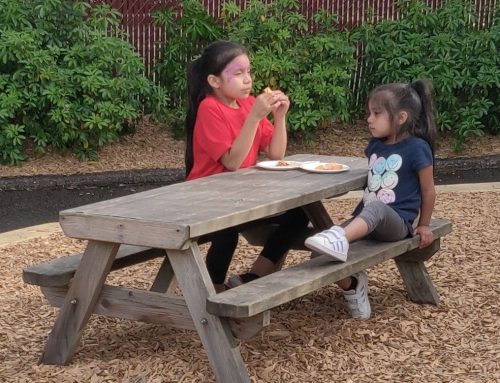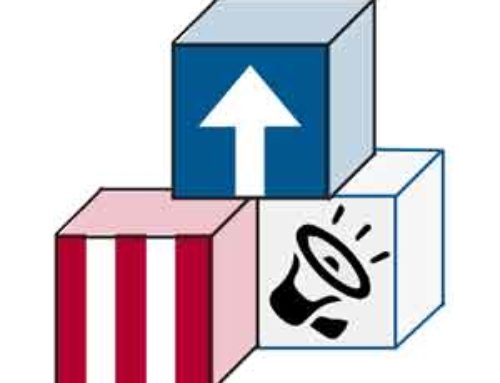A group of OHSA members went to visit State Capital to advocate and speak up on behalf of Head Start. There was much talk about what we all can do to advocate for Head Start. Oregon students and families rely on Head Start programs to ensure that our kids arrive in Kindergarten ready to learn. To start off on a secure foundation. Each year, your Senators and Representative in Salem make important decisions about funding they provide to needed and critical programs like Head Start. It is up to us to speak up and be heard, to advocate on behalf of Head Start Children and Families.
Here is how:
-Be an advocate. “Like” Oregon Head Start Advocates on Facebook
www.facebook.com/ORHeadStart
-Join in discussion and write on their wall, telling what Head Start means to you.
-Engage. “Like” post and leave comments of your own. Have your voice be heard.
-Share. Recommend our page to your connections. Share pictures Tag us in your
Facebook status.
-Be creative. Post a video telling us why Head Start matters to Oregon’s kids.
-Make your voice be heard. Contact your legislator.
Thursday General Sessions were High Five Mathmetize and Engaging Interactions and Environments.
High Five Mathmetize explored new materials from the National Center for Quality and Teaching and Leaning. (NCQTL). They talked about understanding and the enjoyment of engaging children in learning math inside the classroom, home, and anywhere. Math is all around us and teaching children about Math is more that being able to count up to 20 or adding 1 + 1. We talked about ways to strengthen teaching staff’s skills in recongnizing and building on “mathematezing” everyday mathematical learning opportunities. They also provide teaching staff strategies to share with families that they can use to promote mathematical learning during daily routines.
Participants will also:
(1) identify opportunities for mathematics learning experiences in
childhood classrooms and daily routines,
(2) identify how they can mathematize their language during
those naturally occurring opportunities, and
(3) identify ways they can encourage family members to support
their children’s math learning at home.
You can visit the ECLKC Early Childhood Learning & Knowledge Center web site.
http://eclkc.ohs.acf.hhs.gov/hslc/tta-system/teaching
Engaging Interactions and Environments-Staff and parents learned more about how effective, engaging interactions, and environments are the foundations for all learning in Early Childhood. They talked about how important it is to establish well organized classrooms, provide social and emotional support, to insure that instructional interactions and materials support and extend children’s thinking, problem solving and conversational skills and vocabulary. There was a lot of conversation with the importance of this and School Readiness goals. You can also visit the website listed below:
http://eclkc.ohs.acf.hhs.gov/hslc/tta-system/teaching


